Four Friends (1981)
“We’re all gonna do wonderful things — and if anyone disagrees, they can leave.”
|
Synopsis: |
|
Genres, Themes, Actors, and Directors:
Response to Peary’s Review: … and adds, “In the America we see [here], everyone’s life has epic proportions: hopes and dreams result in bitter disappointment, but sadness and pain are tempered by rewarding friendships; throughout, one’s love for America never dissipates.” (Wasson’s character is obsessed with the national anthem.) Peary argues that although “Arthur Penn’s film has the makings of a masterpiece” (I disagree), it isn’t: “while it contains many lovely moments and devastating scenes, a few important sequences fail” and “although they are talented, you don’t really care if Wasson and Thelen get together”; he rightfully points out that “Thelen’s characterization is more annoying than captivating.” Peary ends his review by noting the “excellent” (I disagree) “autobiographical script by Steve Tesich, who won an Oscar for Breaking Away (1979).” He asserts that this flick is “better the second time around” — but I won’t be giving it another whirl. Unfortunately, this movie is a frustrating disappointment: not only do we not care about the protagonists, but the script is poorly written, inserting new characters and scenarios at random with an assumption we’ll simply understand who they are and how they fit into the arc. We get it that pretty Georgia (whose name we will never, ever forget given that “Georgia On My Mind” is played repeatedly) is bewitching to these three men, who all want a chance to be with her in one way or another — that’s boring, but makes sense as a theme. However, things take a seriously off-kilter turn when Danilo (Wasson) falls in love with the sister (Julia Murray) of his disabled friend Louie (Reed Birney) and visits her palatial home, only to quickly learn that DEEP dysfunction lurks therein. An ensuing scene of “epic proportions”, featuring Murray and Birney’s father (James Leo Herlihy), seems to belong in another Arthur Penn movie altogether. Poor Lois Smith — in a tiny role as Wasson’s new mother-in-law — has an awkward monologue shortly thereafter: … at which point we shift to seeing how Wasson, Thelan, Huddleston, and Metzler make their way through the remaining years of counter-cultural unrest (Metzler goes to Vietnam) and experimentation (Thelan becomes a hippie-ish single mom, marrying Huddleston while pregnant with Metzler’s baby, and roaming on her own through some kind of punk concert at one point). Meanwhile, the ongoing topic of Danilo seeking approval from his abusive immigrant father: … instantly hearkens back to the similar narrative thread in Tesich’s much better Breaking Away, which it seems was his one-hit wonder. While boasting impressive directorial credentials, this one isn’t must-see except for diehard Penn fans. Notable Performances, Qualities, and Moments: Must See? Links: |
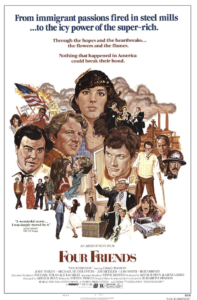
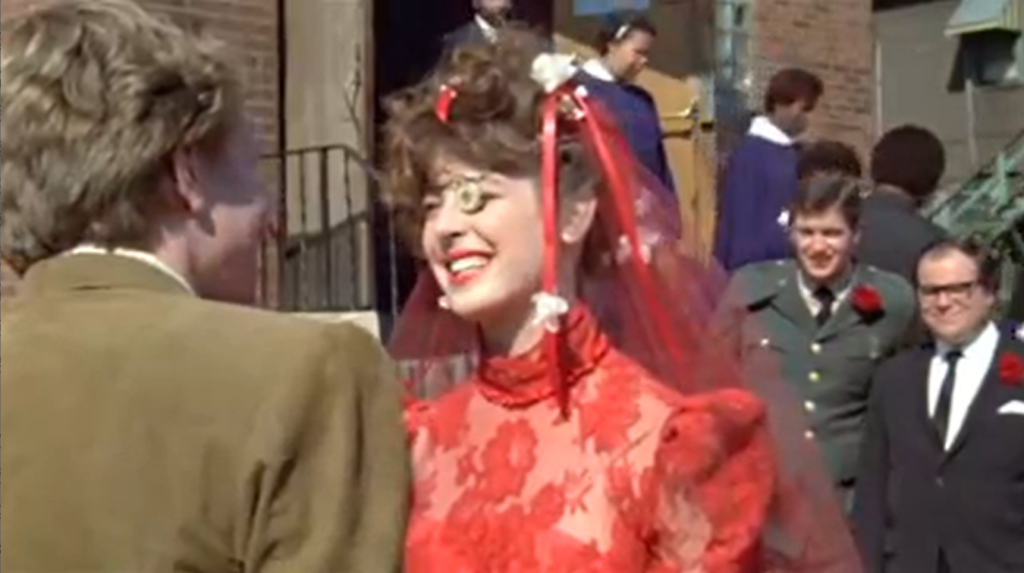
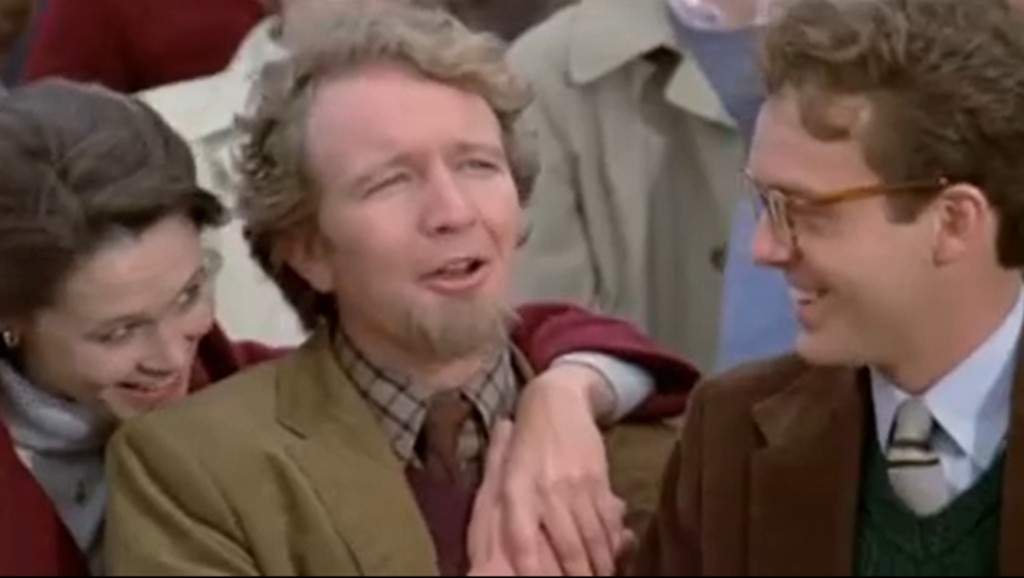
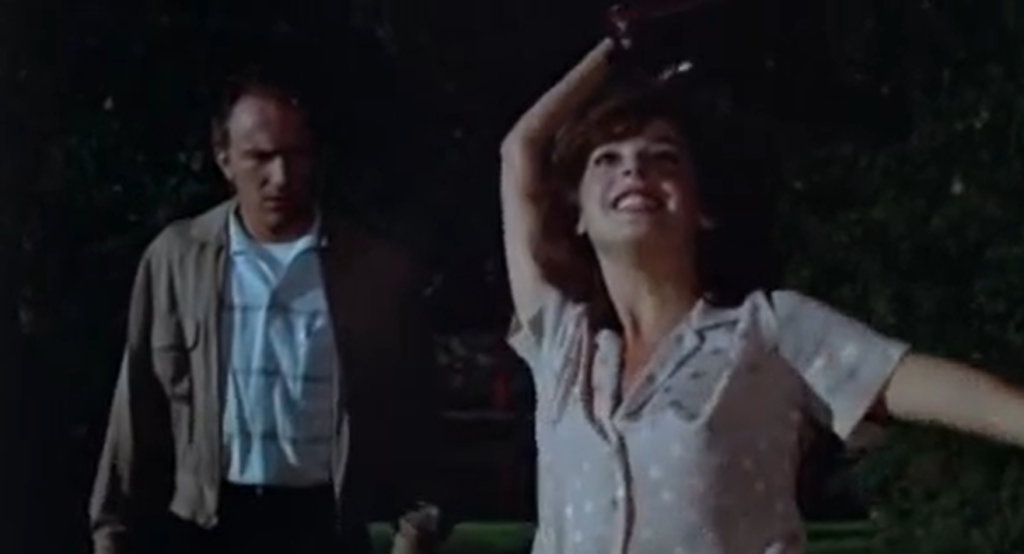
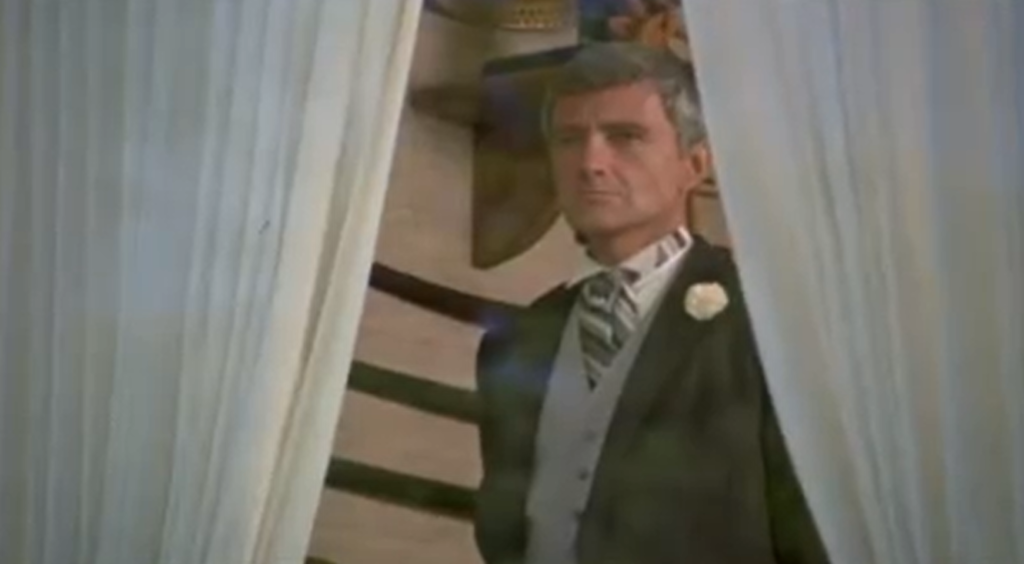
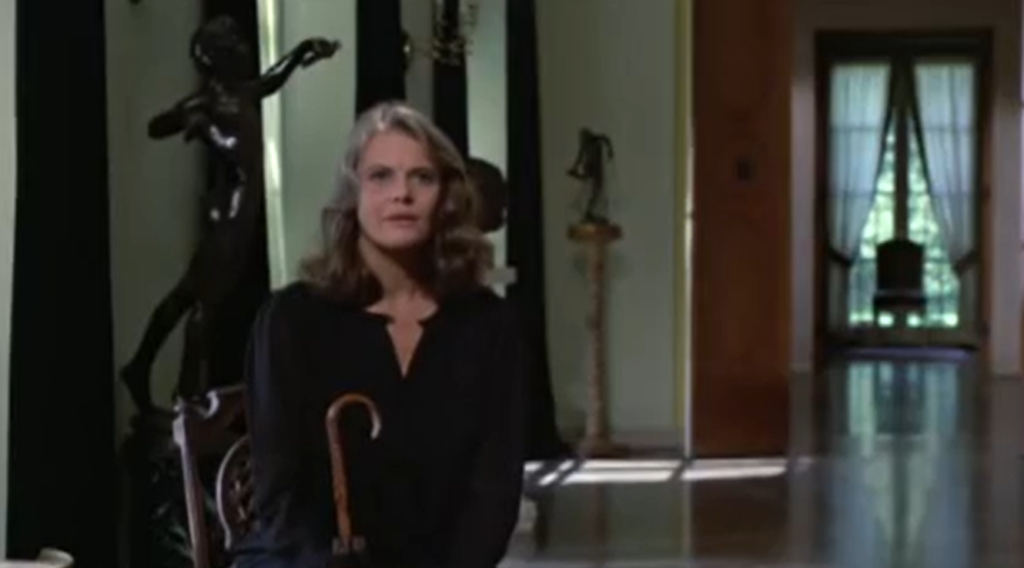
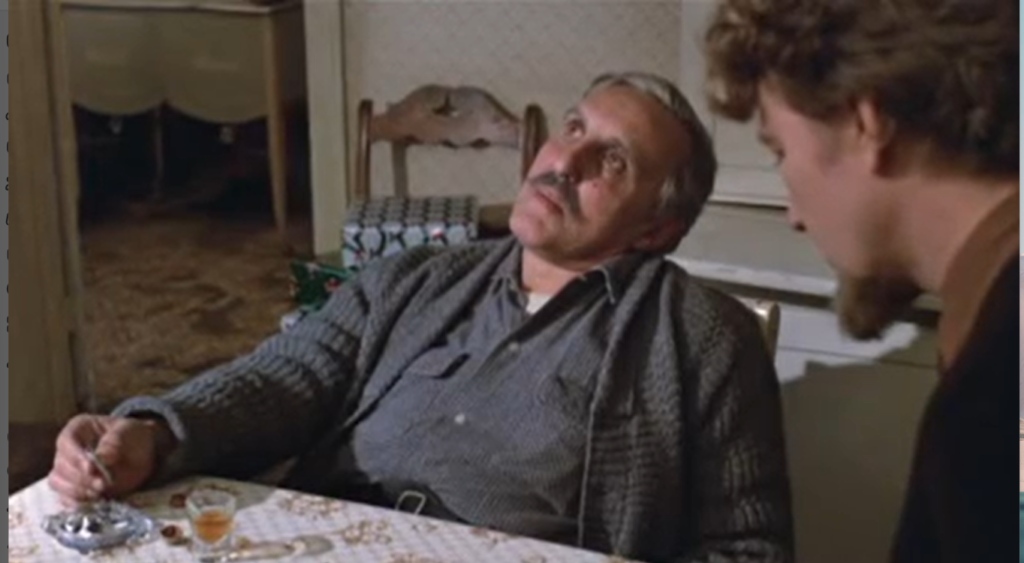
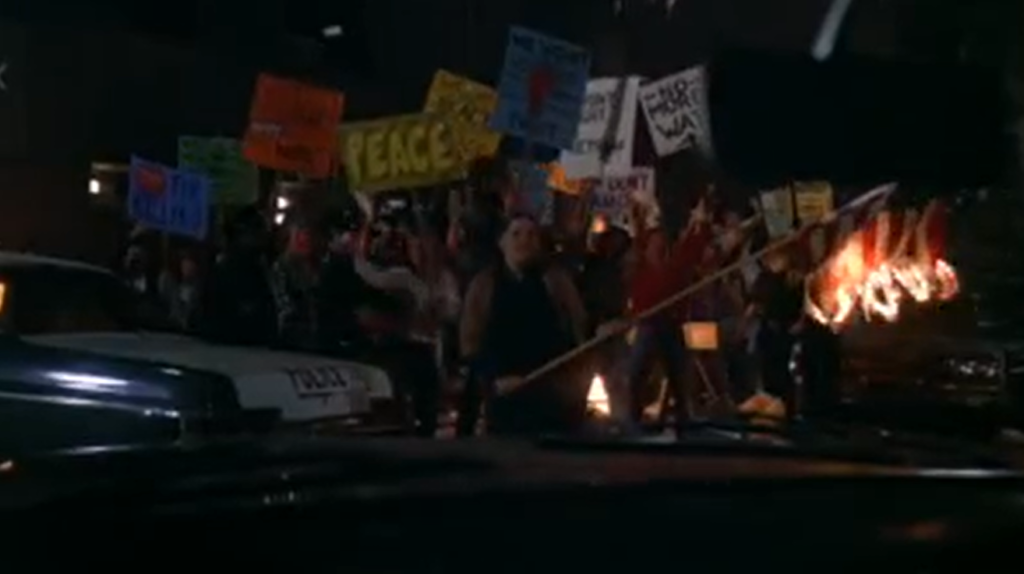
One thought on “Four Friends (1981)”
Skip it.
I don’t even know how to respond to “Arthur Penn’s film has the makings of a masterpiece.” That’s the kind of remark that can make you spew coffee – or whatever you’re drinking.
I never got around to doing a draft for my viewing of this one. I saw it at some point in the last 5 years. I was practically crying from boredom.